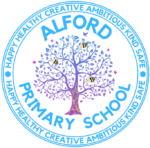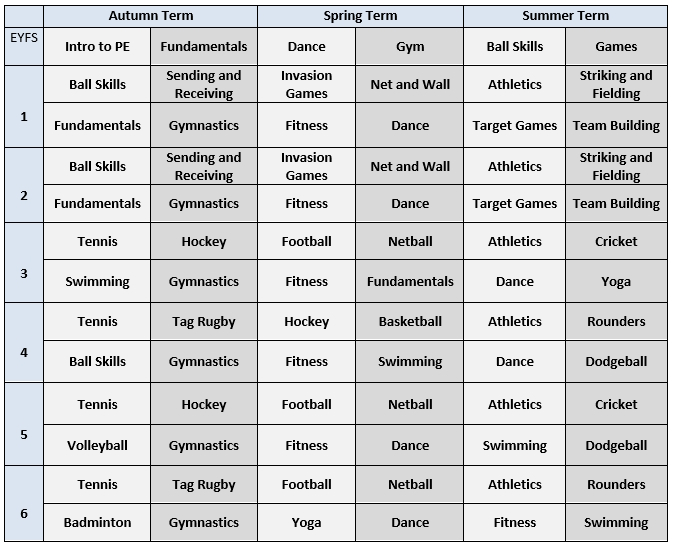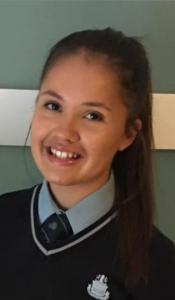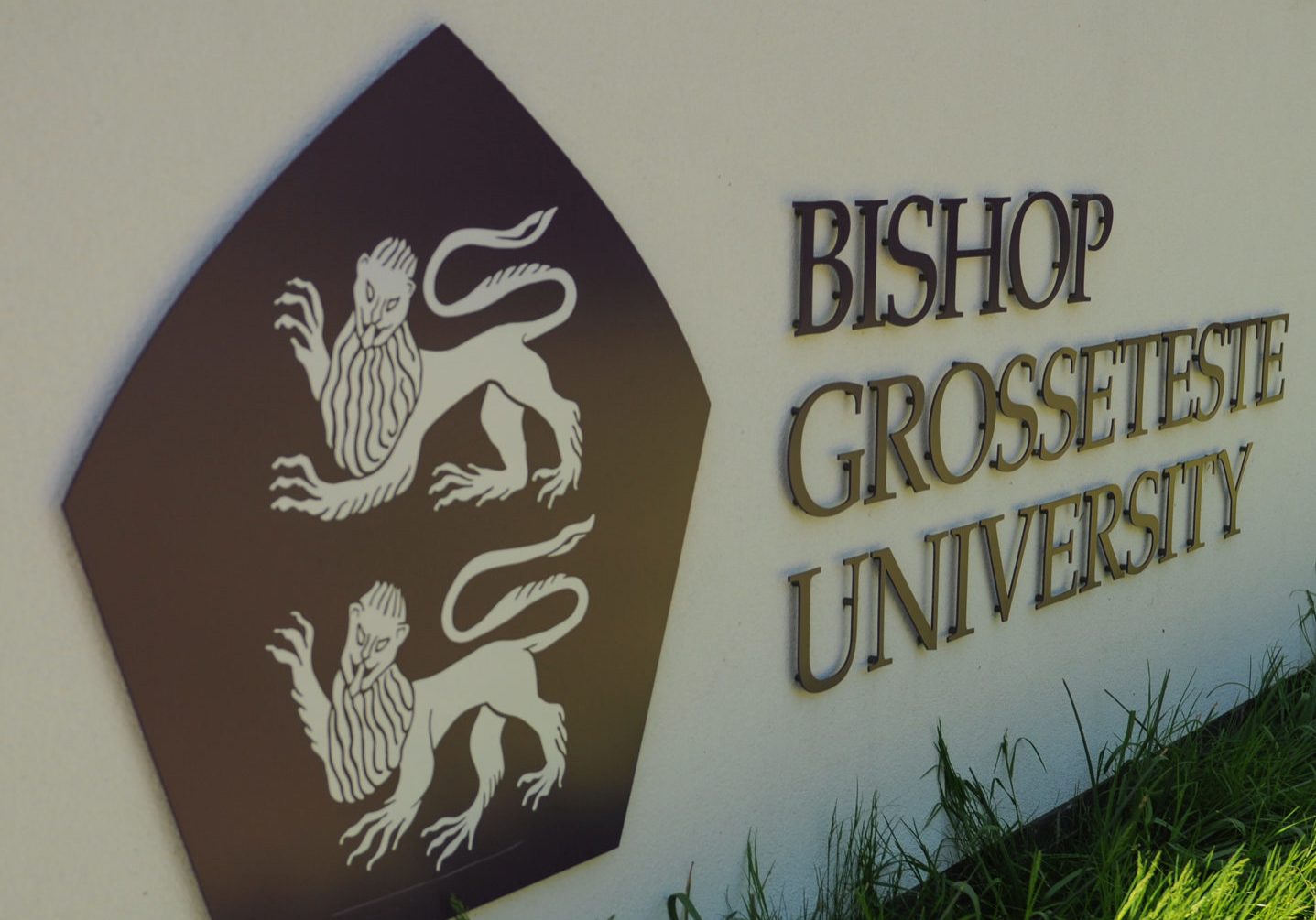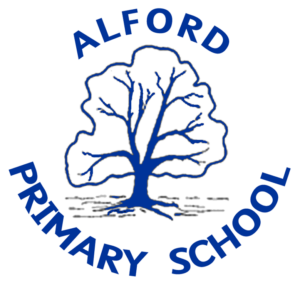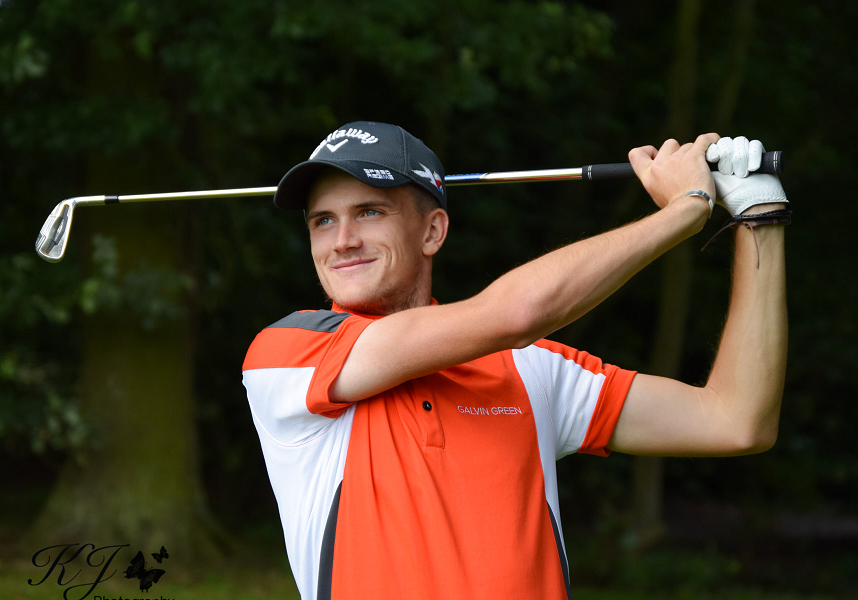
What the National Curriculum requires in PE at KS1
Pupils should develop fundamental movement skills, become increasingly competent and confident and access a broad range of opportunities to extend their agility, balance and coordination, individually and with others. They should be able to engage in competitive (both against self and against others) and co-operative physical activities, in a range of situations.
Pupils should be taught to:
- master basic movements including running, jumping, throwing and catching, as well as developing balance, agility and co-ordination, and begin to apply these in a range of activities.
- participate in team games, developing simple tactics for attacking and defending.
- perform dances using simple movement patterns.
What the National Curriculum requires in PE at KS2
Pupils should continue to apply and develop a broader range of skills, learning how to use them in different ways and to link them to make actions and sequences of movement. They should enjoy communicating, collaborating and competing with each other. They should develop an understanding of how to improve in different physical activities and sports and learn how to evaluate and recognise their own success.
Pupils should be taught to:
- use running, jumping, throwing and catching in isolation and in combination.
- play competitive games, modified where appropriate [for example, badminton, basketball, cricket, football, hockey, netball, rounders and tennis], and apply basic principles suitable for attacking and defending.
- develop flexibility, strength, technique, control and balance [for example, through athletics and gymnastics].
- perform dances using a range of movement patterns.
- take part in outdoor and adventurous activity challenges both individually and within a team.
- compare their performances with previous ones and demonstrate improvement to achieve their personal best.
Swimming and water safety - All schools must provide swimming instruction either in Key Stage 1 or Key Stage 2.
In particular, pupils should be taught to:
- swim competently, confidently and proficiently over at least 25m
- use a range of strokes effectively
- perform safe self-rescue in different water-based situations.
EYFS
Our EYFS content allows for children to experience movement, interaction and engagement through structured play. They will be given opportunities to understand rules and boundaries, using a variety of equipment and working both independently and with others. The content has been carefully sequenced to bridge the gap between play and the KS1 NC PE.
"Three areas are particularly important for building a foundation for igniting children’s curiosity and enthusiasm for learning, forming relationships and thriving. These are the prime areas:
- communication and language
- physical development
- personal, social and emotional development"
Statutory Framework For the Early Years Foundation Stage, 2021
That's why in each of our early years units the content and assessment criteria are written around the ELG's from these prime areas.
Intent
Alford Primary School aims to inspire all children to develop a love of physical activity and sport. Through good physical education, whole school values and a whole child approach, we aim to nurture confident, resilient children who will strive for their personal best. We want to aid our children in obtaining the values and skills to celebrate and respect the success of others, as well as modestly celebrating their own successes. We aim to ensure that our delivery of physical education allows all children to have the skills and mindset to leave primary school with the capabilities to be successful in their sporting challenges and have active lifestyles. We are dedicated to ensuring healthy minds, as well as bodies and support our children's well-being.
